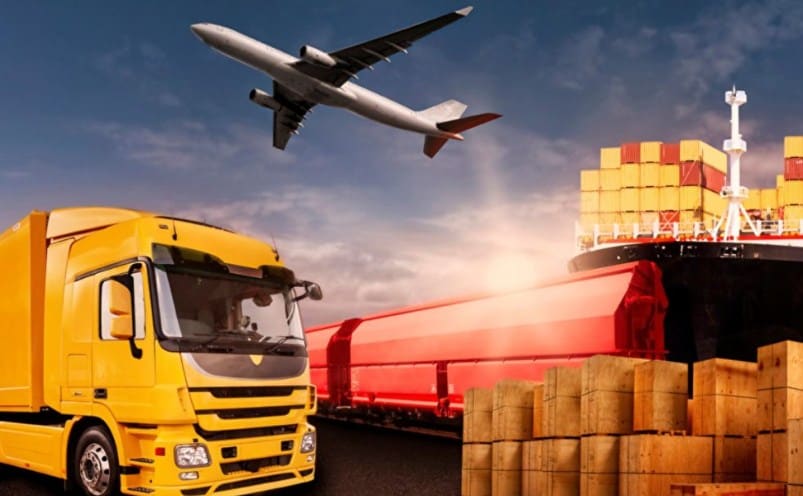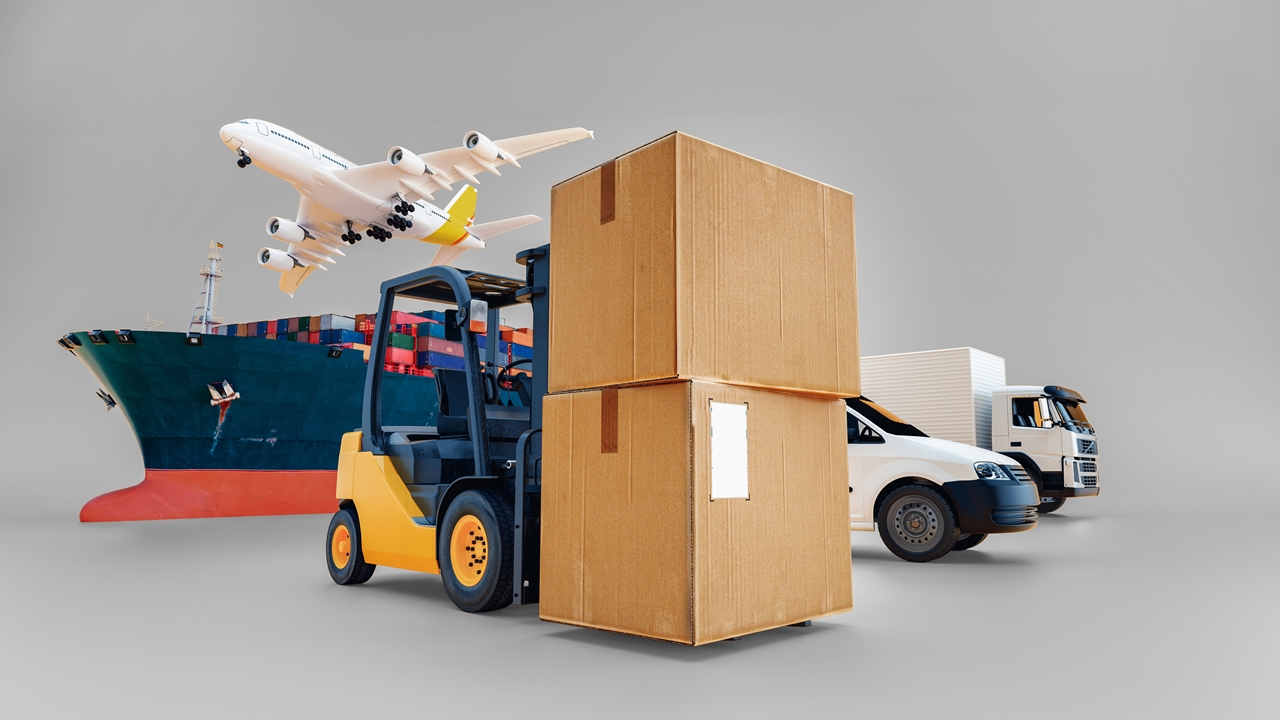Indonesia an archipelago that is sprawling that has more than 17,000 islands presents both opportunities and challenges for the logistics and cargo industry. Demand for effective transport services has risen exponentially as the country grows as a hub of trade both regional and international. Cargo expedition companies in Indonesia play a pivotal role in filling the gap between the islands of Indonesia, connecting consumers and companies over vast distances. These services encompass a broad variety of transport options such as sea, air as well as land. They provide specific solutions for the varied needs of various industries. In the context of Indonesia’s economic growth, the cargo industry has been a major element of the growth process that allows for the seamless flow of goods as well as promoting the connectivity of regional areas.
The diverse geography of Indonesia is what makes Indonesia a distinct logistical landscape. Islands such as Java and Sumatra are economically and industrial hubs in contrast to others, such as Bali and Sulawesi are more tourism-driven. Cargo companies are tasked with providing timely deliveries of products to the most remote locations, while overcoming challenges including inadequate infrastructure, and unpredictable weather. Numerous logistics companies across Indonesia employ innovative strategies including incorporating technology into their operations, to monitor shipments and improve routes. The transformation to digital not only enhances operational efficiency, but it also increases trust among customers who rely on the latest information and dependable service.

Sea freight forms the basis of transportation for ekspedisi jakarta muat because of the country’s huge maritime area. Ports in major cities like Jakarta, Surabaya, and Makassar are key points in the cargo network which facilitates both domestic as well as international trade. The government’s investments in the port’s infrastructure as well as initiatives such as the “Sea Toll Road” project will streamline logistics in the maritime sector and lower cost. When it comes to larger, heavier and longer-lasting shipments ocean freight is still the best option for cost efficiency. However, challenges like congestion at ports and regulatory complexities still persist which requires cargo firms to adopt adaptive strategies and work with local authorities for smoother operations.
In addition to sea freight and air cargo, air cargo has increased in popularity in Indonesia specifically for the time-sensitive shipping. Major international airports such as Soekarno Hatta and Ngurah Rai serving as logistics hubs, air freight provides faster delivery options for industries like e-commerce, pharmaceuticals, and electronics. Online shopping has greatly increased the demand for efficient cargo solutions, which has prompted logistics firms to enhance their air transportation capabilities. Although it is speedier than land but air freight has higher costs, making it more suitable for premium or urgent deliveries. By balancing sea, land as well as air freight choices, cargo expedition companies in Indonesia cater to the diverse demands of businesses while maintaining cost efficiency.
The explosive growth of online shopping is a game changer for the industry of cargo transport in Indonesia. Platforms like Tokopedia, Shopee, and Lazada have revolutionized consumer behavior which has led to a rise in the quantity of products which need to be moved every day. Cargo companies are increasingly integrating with these platforms to offer seamless end-to-end logistics solutions. The emphasis on last-mile delivery, which ensures goods reach clients quickly and in perfect quality, has led the sector to implement new technologies like drone deliveries and automated warehouses. The dynamic connection between logistics for cargo and online commerce underlines the sector’s adaptability within a dynamic marketplace.
In the end, cargo exploration in Indonesia is a cornerstone of Indonesia’s development economics by facilitating trade and linking different regions throughout its archipelago. The ability of the sector to deal with geographic challenges, take on advances in technology, and adjust to market trends is a key factor in shaping the country’s future. As the government continues to make investments in infrastructure, and businesses expand, the cargo expedition industry will remain at the top of the list for driving Indonesia’s economic growth. By fostering collaboration and innovation this sector of Indonesia’s logistics is expected to not only meet domestic needs but also to compete in the international arena as an example for efficiency and adaptability.
